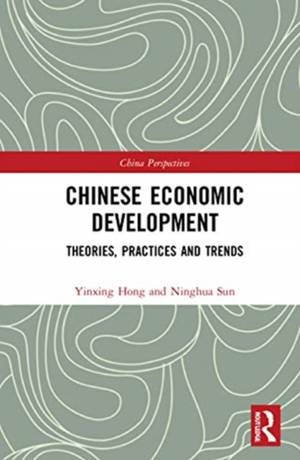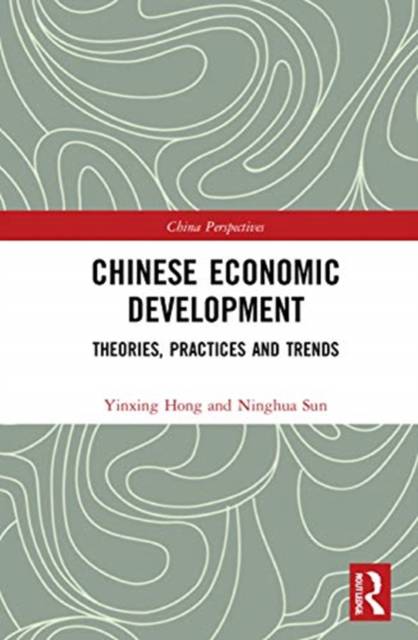
- Afhalen na 1 uur in een winkel met voorraad
- Gratis thuislevering in België vanaf € 30
- Ruim aanbod met 7 miljoen producten
- Afhalen na 1 uur in een winkel met voorraad
- Gratis thuislevering in België vanaf € 30
- Ruim aanbod met 7 miljoen producten
Omschrijving
The book provides a meticulous analysis of economic development and concomitant problems in China since the late 1970s and advances suggestions on further economic modernisation and transition from both theoretical and practical angles.
Based on theories from development economics and solid empirical studies, the authors, two renowned Chinese economists, provide a perceptive analysis of the Chinese development model in the post-Mao era. They shed light on questions that have perplexed many: How can China sustain the rapid growth of the past 40 years? Is there a unique "China path" to economic progress? They argue compellingly that China's development model has to switch from a manufacturing-driven one to a brand-new approach, centring on scientific and technical innovation and the integration of its existing economic structure into an increasingly complex global economy. Such transformation will help overcome the "middle-income trap" while addressing other institutional and economic challenges.
The book will appeal to students, scholars and policymakers interested in the Chinese and global economies, as well as transnational studies in the post-COVID-19 world. General readers willing to obtain a grasp of Chinese economic development from the insider's perspective will also find it useful.
Specificaties
Betrokkenen
- Auteur(s):
- Uitgeverij:
Inhoud
- Aantal bladzijden:
- 262
- Taal:
- Engels
- Reeks:
Eigenschappen
- Productcode (EAN):
- 9781032016252
- Verschijningsdatum:
- 9/07/2021
- Uitvoering:
- Hardcover
- Formaat:
- Genaaid
- Afmetingen:
- 156 mm x 234 mm
- Gewicht:
- 580 g

Alleen bij Standaard Boekhandel
Beoordelingen
We publiceren alleen reviews die voldoen aan de voorwaarden voor reviews. Bekijk onze voorwaarden voor reviews.











